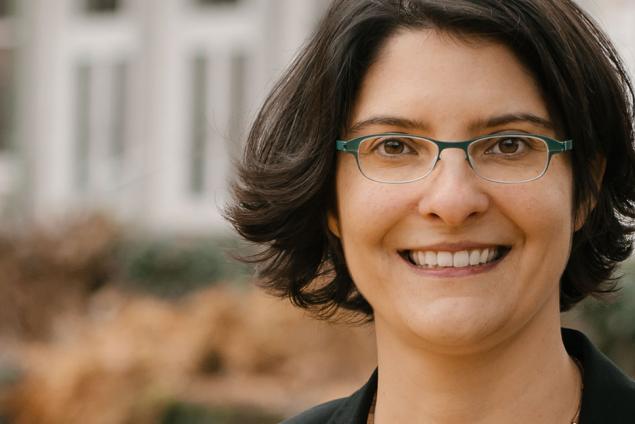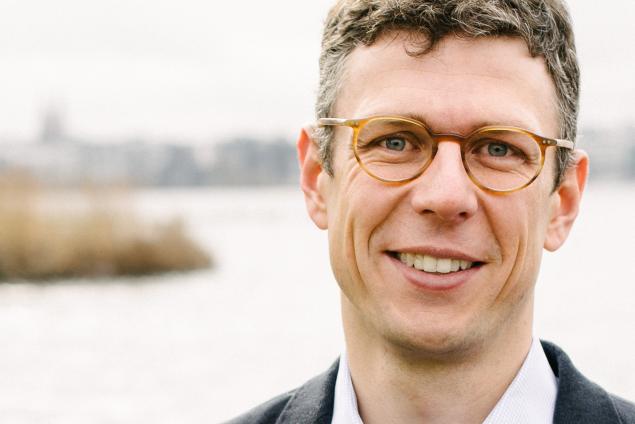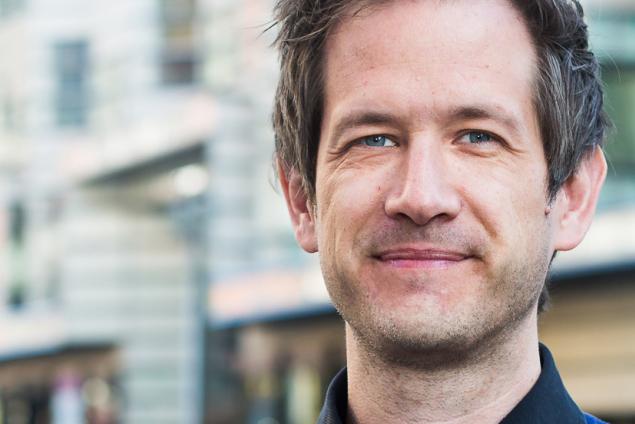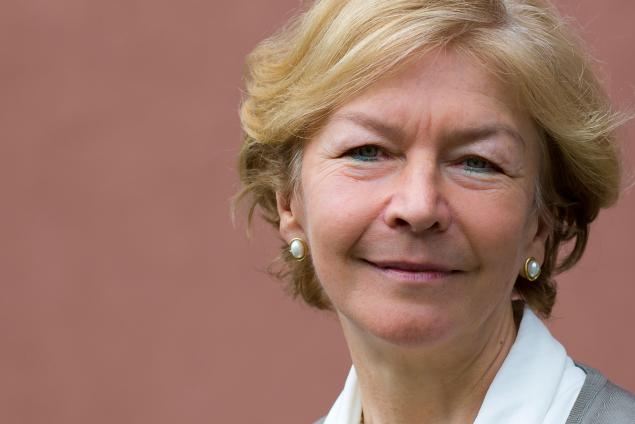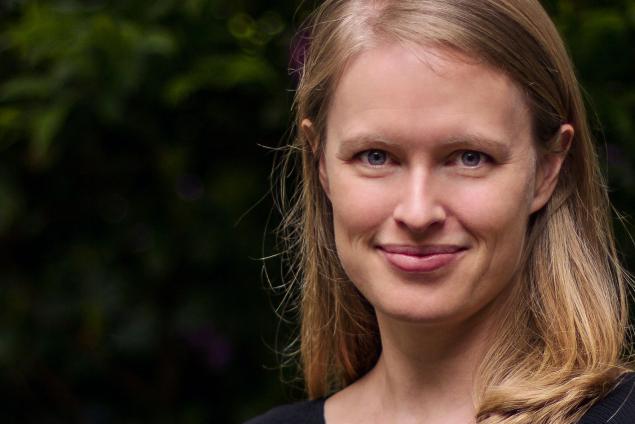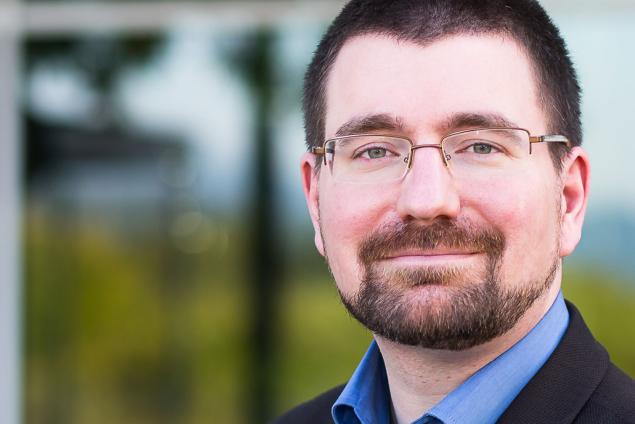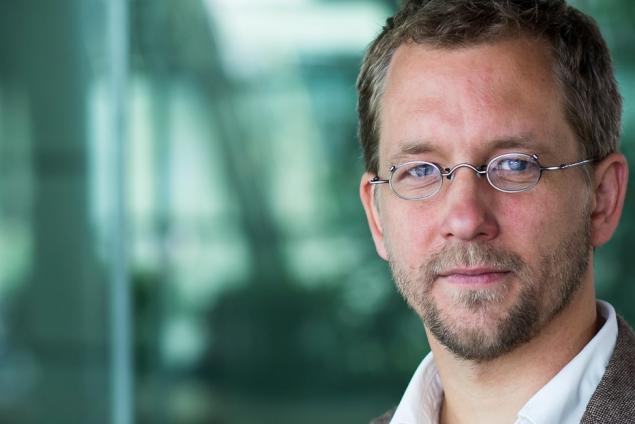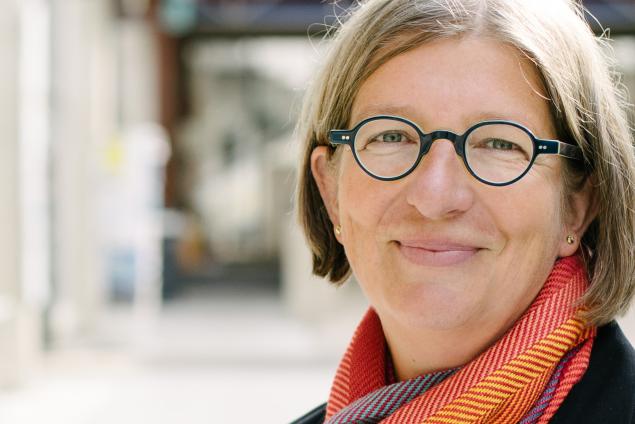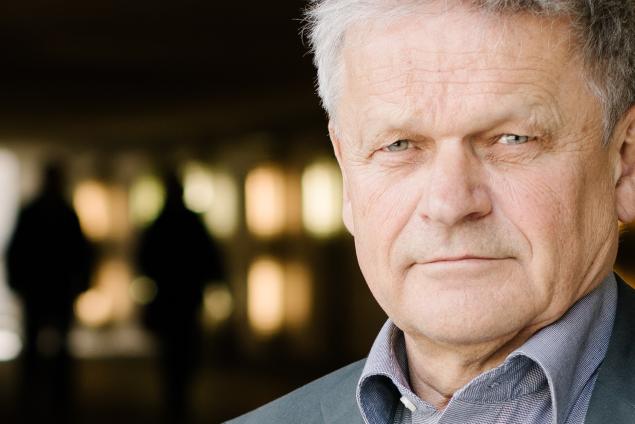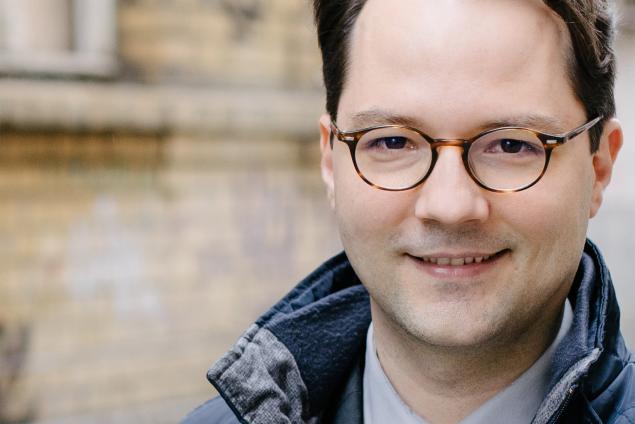Scroll to Section:
In 2004, Moroccan authorities updated the Moroccan Family Code to reflect the needs of modern families. This was considered a revolutionary move at the time. The research presented in this video sets out to investigate how, after ten years, this modernized code has been implemented in people's lives not only in Morocco but especially in the lives of Moroccans residing in European countries. To get a full picture the researchers applied a combination of ethnographic methods and methods from legal studies. MARIE-CLAIRE FOBLETS explains how the scientists analyzed the case law, the response of consulates in European countries to people seeking advice as well as the decision of judges in Morocco. The findings indicate that while the courts were first uneasy with applying the new code they adjusted over time. Furthermore, different national traditions have a major influence on the implementation of the Moroccan Family Code in Europe.
DOI:
https://doi.org/10.21036/LTPUB10258
Institution
Max Planck Institute for Social Anthropology
The Max Planck Institute for Social Anthropology is one of the world’s leading centres for research in socio-cultural anthropology. Common to all research projects at the Max Planck Institute is the comparative analysis of social change; it is primarily in this domain that its researchers contribute to anthropological theory, though many programmes also have applied significance and political topicality. Fieldwork is an essential part of almost all projects.
Original publication
Le Code Marocain de la Famille. Incidences au Regard du Droit International Privé en Europe
Published in 2005Reading recommendations
Le Code Marocain de la Famille. Incidences au Regard du Droit International Privé en Europe
Published in 2005Irreconcilable Differences? Shari’ah, Human Rights, and Family Code Reform in Contemporary Morocco
Mirrors of Justice: Law and Power in the Post-Cold War Era
Published in 2010
La reforma de la Mudawana en Marrueos: debate e implicaciones en torno a la identidad Marroqui
Droits humains et diversité ethnoculturelle dans l’espace méditerranéen: réalités et perspectives
Published in 2007
Liberalization and Autocracy in Morocco: The Puzzle of the Moudawana Reform
Published in 2012La nouvelle loi marocaine sur la famille: des chaînes à plus d’égalité entre hommes et femmes dans le ménage?
Penser l’immigration et l’intégration autrement
Published in 2006
L’ordre public en droit international privé marocain de la famille
Ordre Public et droit musulman de la famille. En Europe et en Afrique du Nord
Published in 2012
Muslims in the Dutch Legal Order: Subjects to Local Civil Laws and to Muslim Family Law
Family, Law and Religion: Debates in the Muslim World and Europe and their Implications for Co-Operation and Dialogue
Published in 2009
Beyond
A Ground-breaking Scientific Revolution
An Alarming Challenge for Society
If I Had a Second Life
A Personal Reading Recommendation
